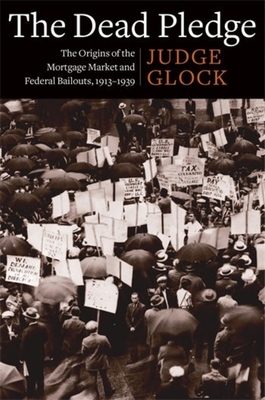Expedite your nonfiction book discovery process with Readara interviews, summaries and recommendations, Broaden your knowledge and gain insights from leading experts and scholars
In-depth, hour-long interviews with notable nonfiction authors, Gain new perspectives and ideas from the writer’s expertise and research, Valuable resource for readers and researchers
Optimize your book discovery process, Four-to eight-page summaries prepared by subject matter experts, Quickly review the book’s central messages and range of content
Books are handpicked covering a wide range of important categories and topics, Selected authors are subject experts, field professionals, or distinguished academics
Our editorial team includes books offering insights, unique views and researched-narratives in categories, Trade shows and book fairs, Book signings and in person author talks,Webinars and online events
Connect with editors and designers,Discover PR & marketing services providers, Source printers and related service providers

The Dead Pledge: The Origins of the Mortgage Market and Federal Bailouts, 1913-1939
History > United States - 20th Century
- Columbia University Press
- Paperback
- 9780231192538
- 9.2 X 6.1 X 0.7 inches
- 0.95 pounds
- History > United States - 20th Century
- (Single Author) Asian American
- English
Readara.com
Book Description
Judge Glock shows that the federal government began subsidizing mortgages in order to help lagging sectors of the economy, such as farming and construction. In order to encourage mortgage lending, the government also extended unprecedented assistance to banks. During the Great Depression, the federal government made new mortgage lending and bank bailouts the centerpiece of its recovery program. Both the Herbert Hoover and Franklin Roosevelt administrations created semipublic financial institutions, such as Fannie Mae, to provide cheap, tradable mortgages, and they extended guarantees to more banks and financiers. Ultimately, Glock argues, the desire to protect the financial system took precedence over the desire to help lagging parts of the economy, and the government became ever more tied into the financial world.
The Dead Pledge recasts twentieth-century economic, financial, and political history and demonstrates why the greatest safety net created in this era was the one supporting finance.
Author Bio
Earl “Judge” Glock joined The Cicero Institute as a senior policy advisor in January 2019. Glock was formerly a visiting professor at the Department of Economics at West Virginia University. He received his Ph.D. in History with a focus on economic history from Rutgers University.
Among other places, Judge’s academic writing has been featured in the Business History Review, Review of Banking and Financial Law, and Tax Notes, and his public writing has been featured in the Wall Street Journal, Chicago Tribune, and Politico. Judge focuses his research on the areas of regulation, financial reform, and housing policy.
Education
B.A. College of William & Mary
M.A. College of William & Mary
Ph.D. Rutgers University (2015)
Source: Jefferson Scholars Foundation
Videos
No Videos
Community reviews
No Community reviews

